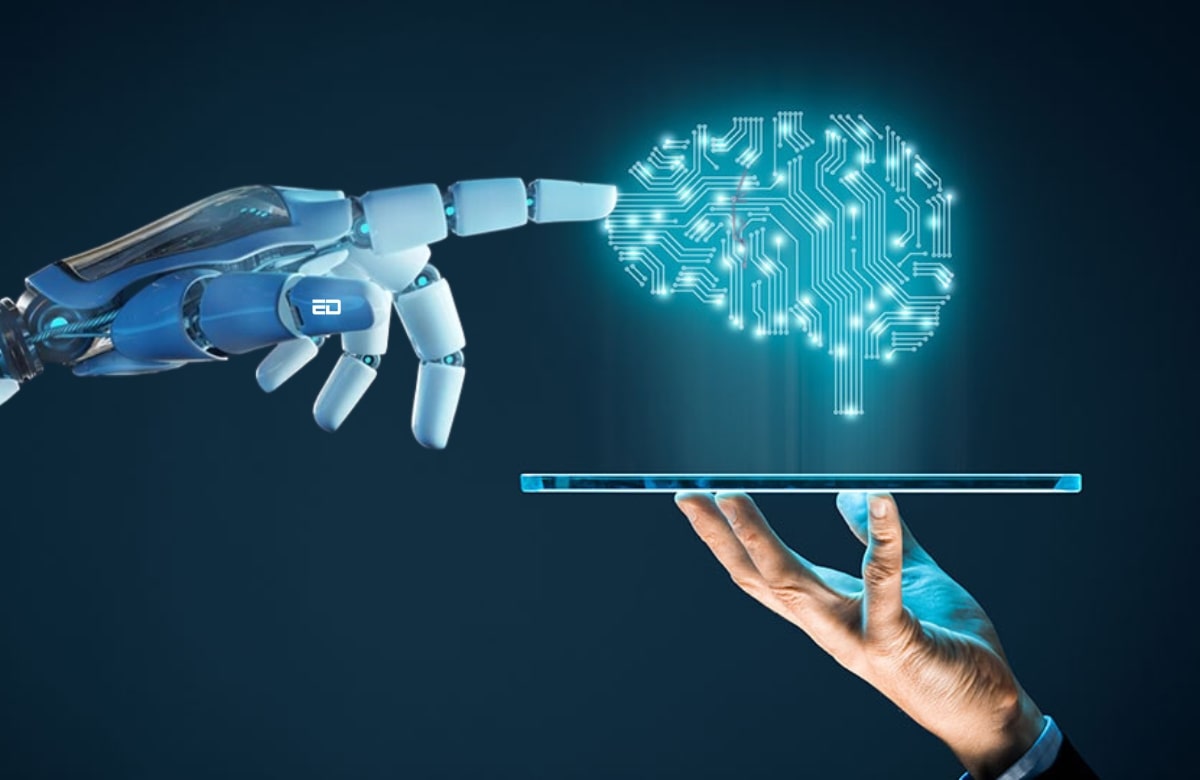In recent years, India has emerged as a significant player in the global artificial intelligence (AI) landscape. A collaborative report by Microsoft, Bain & Company, and the Internet and Mobile Association of India (IAMAI) has highlighted India’s remarkable progress in AI talent development.
Despite representing just 1% of the global AI market, India is responsible for producing a remarkable 16% of the world’s AI talent pool, ranking third globally. This newfound recognition underscores India’s potential to become a global AI talent hub.
The Demand-Supply Disparity
The demand for AI talent in India is driven by a diverse array of entities, including micro, small, and medium enterprises (MSMEs) and large organizations embarking on digital transformation journeys. However, this demand far outpaces the supply of AI-educated professionals.
A 2019 report by the National Association of Software and Services Companies (Nasscom) revealed a 33% gap between demand and supply for AI talent. This stark mismatch emphasizes the urgent need for investment in education and upskilling programs to bridge the gap and meet the burgeoning demand.
Investing in Education and Upskilling
Education is a cornerstone of India’s AI journey. To address the demand-supply gap, it is crucial to invest in AI education at all levels. The introduction of AI concepts in schools and universities can foster a culture of innovation and equip students with the skills needed to thrive in the AI-driven future.
This approach not only addresses the immediate demand for AI talent but also lays the foundation for long-term growth.
Read More: Zoom Will Train AI Using Your Face And You’ve Already Allowed It
Collaboration for Success
The path to becoming a global AI talent hub necessitates collaboration among various stakeholders. Government bodies, educational institutions, corporations, and startups must come together to create a conducive environment for nurturing AI talent.
Initiatives such as research grants, scholarships, and industry-academia partnerships can foster a vibrant ecosystem that encourages innovation and knowledge exchange.
India’s Progress and Challenges
While India boasts a burgeoning AI talent pool, the gap in demand and supply has prompted introspection. Even as Indian enterprises adopt AI and automation services, their approach is primarily operational in nature, leveraging technology for efficiency gains rather than innovating to create their AI solutions. This highlights the untapped potential for indigenous AI innovation in the country.
India’s journey toward becoming a global AI leader is commendable but still nascent. The adoption of AI in India has witnessed steady growth, yet the nation remains in the early stages of AI integration. To fully realize its potential, India needs a multifaceted approach that encompasses education, research, and development.
India’s emergence as a prominent AI talent hub is a testament to the country’s technological prowess and human capital. However, the existing disparity between AI talent demand and supply underscores the need for continuous investment in education, upskilling, and fostering a culture of innovation.
India’s potential to become a global AI leader is undeniable, and with the right approach, the nation can bridge the gap, create innovative AI solutions, and propel itself to the forefront of the AI revolution.
Image Credits: Google Images
Feature Image designed by Saudamini Seth
Sources: moneycontrol, LinkedIn, Indiaai
Find the blogger: Pragya Damani
This post is tagged under: ai, artificial intelligence, ai talent hub, India ai talent hub, education, upskilling, demand-supply disparity, success, collaboration for success
Disclaimer: We do not hold any right, or copyright over any of the images used, these have been taken from Google. In case of credits or removal, the owner may kindly mail us.




































